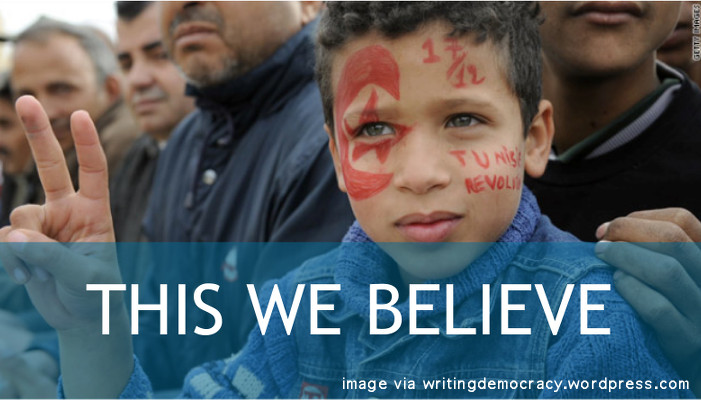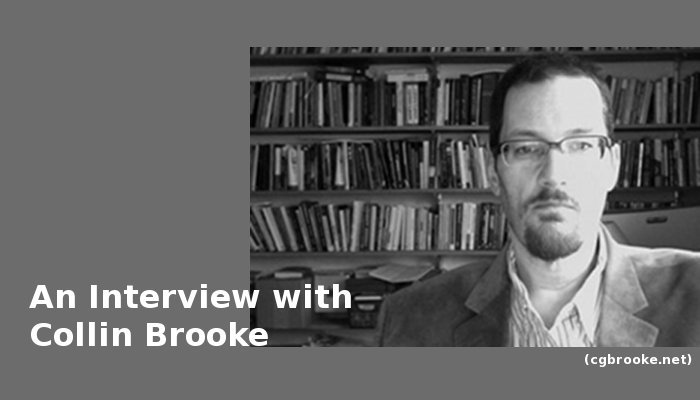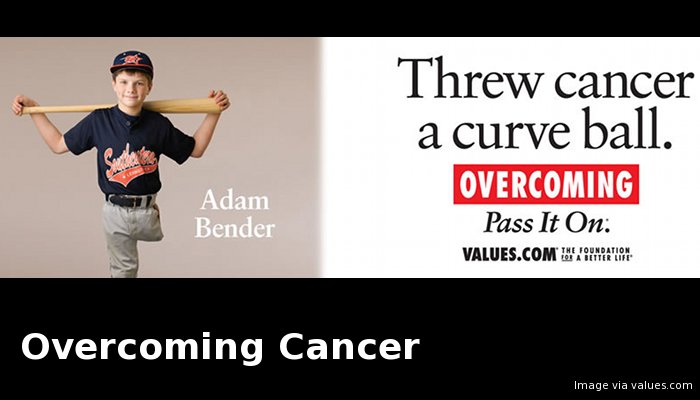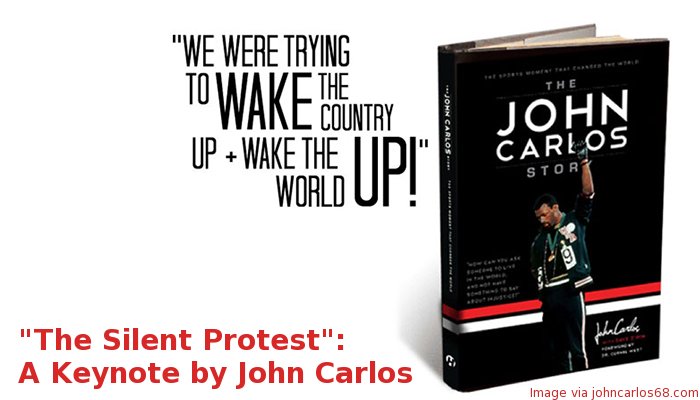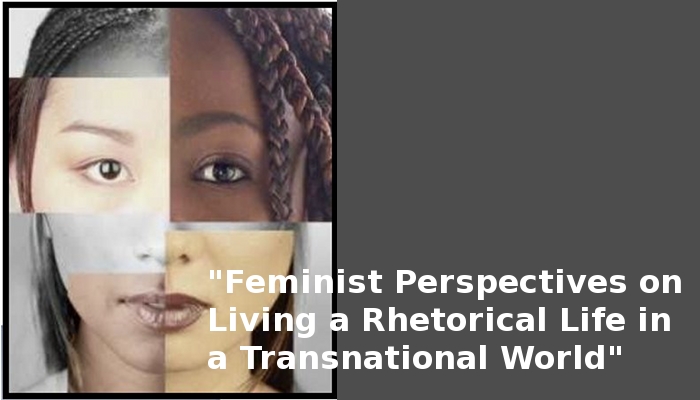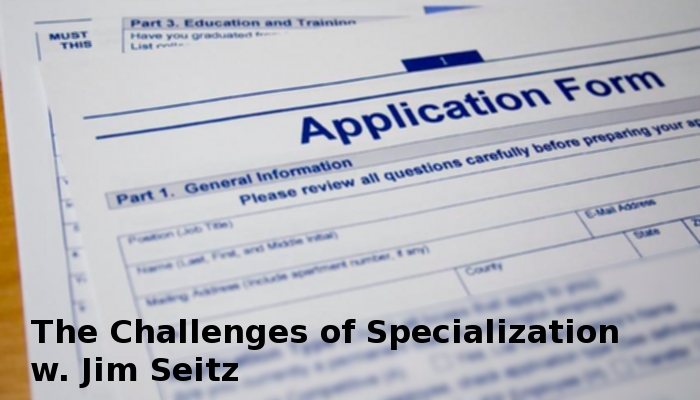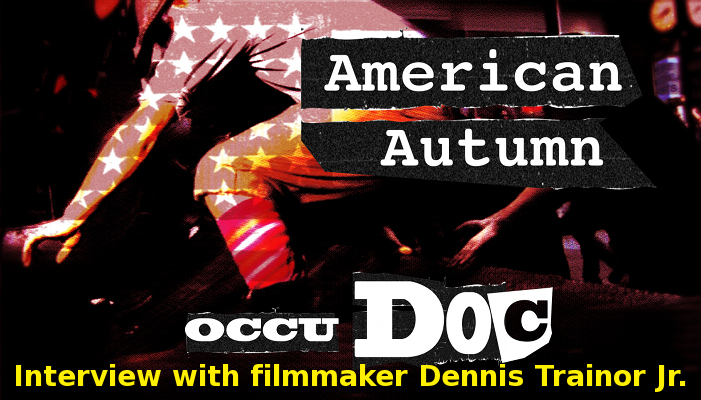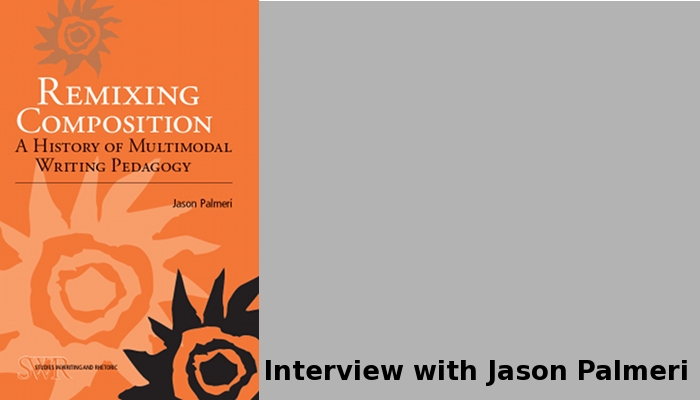I think that when we look at rhetorical means in relation to people who are making decisions that are destroying the planet, that are destroying people’s lives, that are immiserating and incarcerating large numbers of especially people of color around the country and around the globe, we should not be concerned about making them comfortable. We should not be concerned about finding a seat at their table. We should be thinking about how it is that we get together so that collectively we can make them very uncomfortable so that we can change them and—again—to do this collectively, democratically in a way that we discover ourselves and each other. — Nancy Welch
[W]e’re part of this larger national movement, and so when we’re in Syracuse and we have this opportunity in front of us, my thought was that anyone in the country who has been paying attention to the treatment of Bradley Manning should take the opportunity to, you know, call out President Obama on this issue because he ultimately has the power. — Ursula Rozum
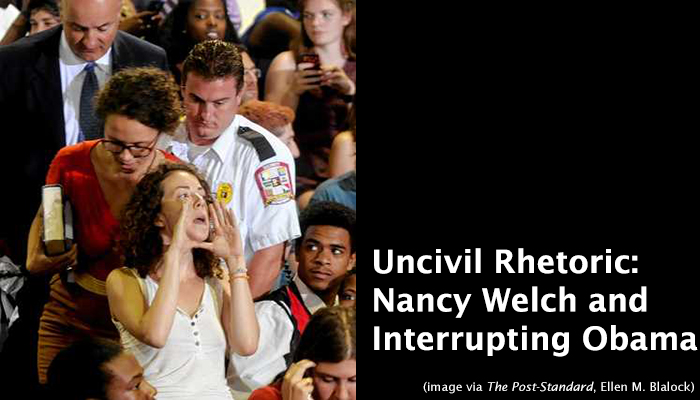
Amelia Ramsey-Lefevre shouts through cupped hands as she and Ursula Rozum are escorted out of Obama’s speech in Syracuse, August 22nd.
Episode 13 is a two-part episode that features an interview with Nancy Welch discussing the motivation for her scholarly work, composition’s activist roots, and the importance of participating in activist collaborations once tenured. The second part features an interview with Ursula Rozum and Amelia Ramsey-Lefevre who interrupted President Obama’s speech at Henninger High School on August 22, 2013 in order to ask Obama to pardon Private Manning through nonviolent free speech action. This podcast blends activism in both academic and public contexts, highlighting the ways that particular rhetorical acts are treated as un/civil.
To read a PDF of the full transcript, please download it here: Transcript for Episode 13
The music sampled in this podcast is “Biomythos” by Revolution Void, “Indyair” by Springtide, “Note Drop” by Broke for Free, and “Subterranean Zerbie” by The Mork Quartet.
Podcast: Play in new window | Download
